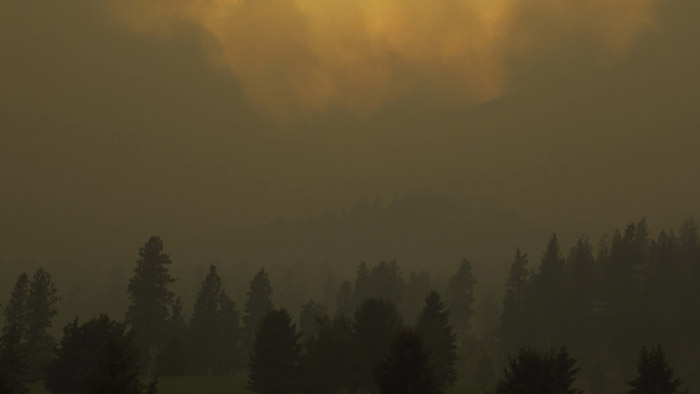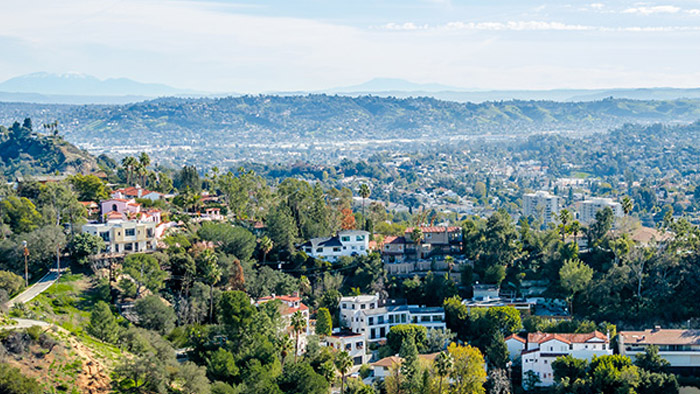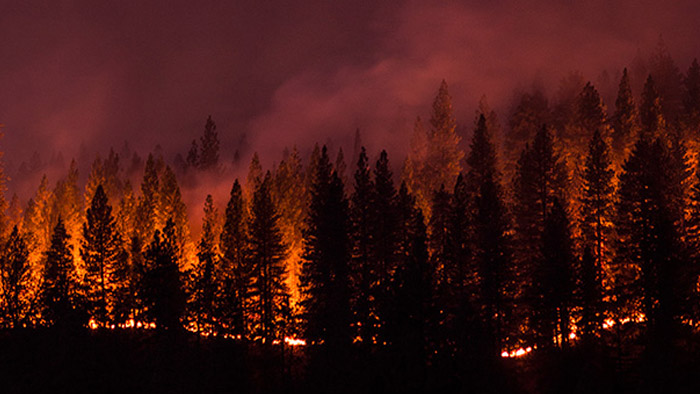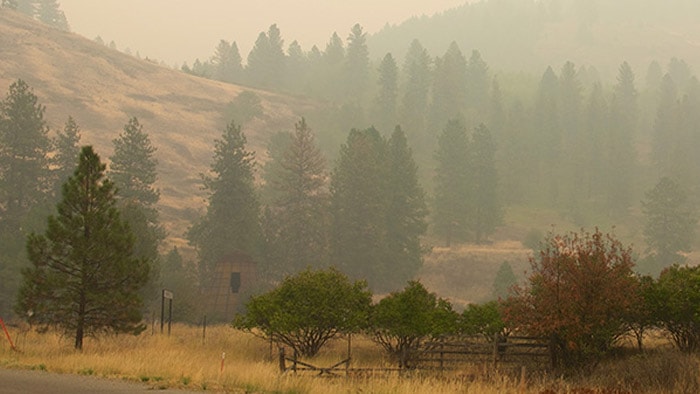At a glance
- Take steps to be ready for a wildfire and prepare your home and landscaping to reduce your risk.
- Learn how to protect yourself and your family from a wildfire, evacuate safely during a wildfire, and how to stay healthy when you return home.
Who is at increased risk

Wildfire smoke can reach far away from where fires burn. Wildfire smoke can make anyone sick, but some people have a higher risk of getting sick, such as children, people who have chronic conditions, and people who are pregnant. Be ready to protect yourself against smoke and ash before, during, and after a wildfire.
Prepare for wildfires

More and more people make their homes in areas that are prone to wildfires. You can take steps to be ready for a wildfire and prepare your home and landscaping to reduce your risk from a wildfire.
Stay safe during a wildfire

It's important for everyone to reduce their exposure to smoke. Wildfire smoke irritates your eyes, nose, throat, and lungs. It can make it hard to breathe and make you cough or wheeze. Children and people with asthma, COPD, heart disease, diabetes, chronic kidney disease, or who are pregnant need to be especially careful about breathing wildfire smoke.
Stay safe after a wildfire

If your home was affected by a wildfire, do not return home until authorities say it is safe. Take steps to protect yourself and your loved ones when returning to your home after a fire.
